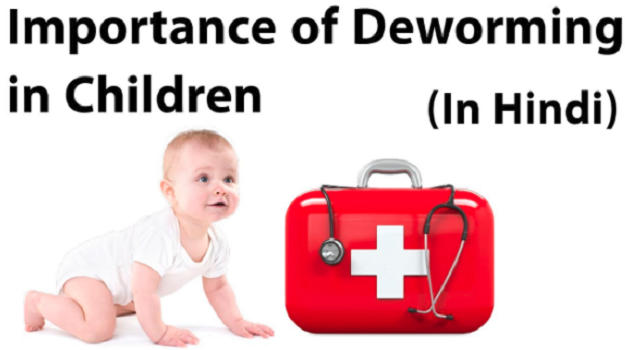Table of Contents
WHAT IS DEWORMING?
- Deworming is a process to kill worms commonly tape, round and hook worm, that infest bodies of children below 18 years of age.
- As per the guidelines, children aged below two years are given 200 mg of Albendazole tablet, a drug to treat parasitic worm infestation, and school-going children are administered 400 mg tablets.
- The Albendazole tablet paralyses the muscles of these worms, the worm loses its grip of intestinal tract and is flushed out of the human body.
- A worm takes six months to mature and start sucking, therefore the exercise is carried out biannually.
- Deworming has no serious side effects, but it can cause nausea and vomiting if a child has worms.

WHY IS THE SIGNIFICANCE OF DEWORMING?
- Parasitic worms and their larvae are generally found in contaminated food and water.
- In slums children walk bare feet and they frequently contract worms.
- The worm first enters the blood circulation system and its larvae land up in the larynx, from where it finally reaches the gastrointestinal tract.
- The hook, round and tapeworm grow by sucking blood from its host in this case the human body

- Loss of blood leads to a drop in haemoglobin level and causes anaemia, thus deworming kills these worms and helps prevent anaemia.
- The National Family Health Survey-3 data suggests anaemia is widely prevalent in all age groups.




























 WhatsApp
WhatsApp